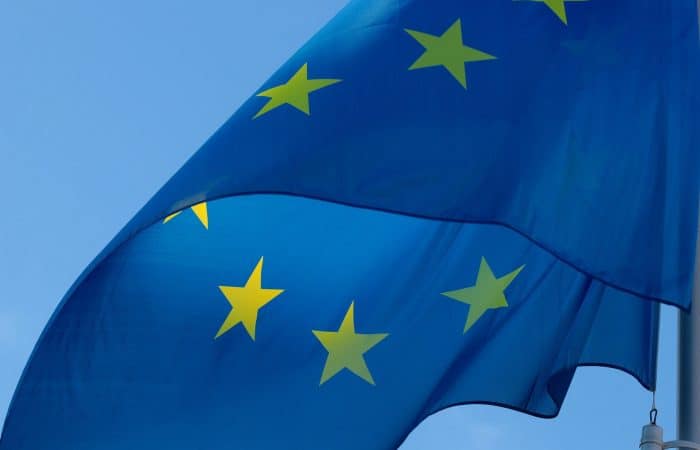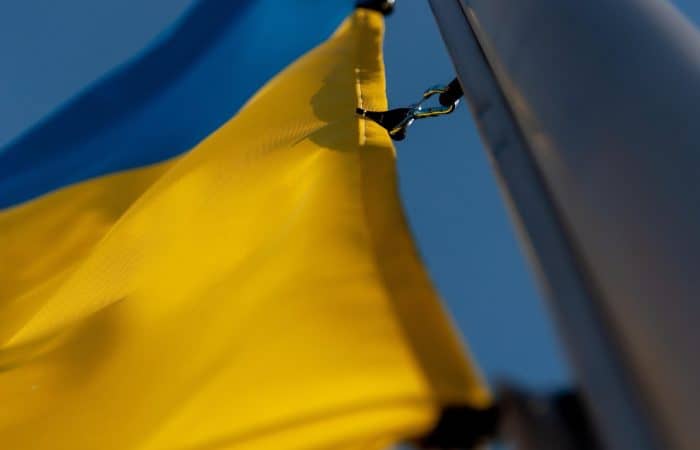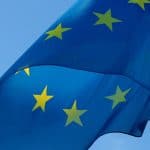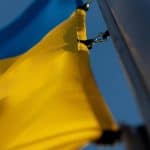On 24 June 2024, the EU adopted its 14th sanctions package against Russia, which “responds to the needs and findings on the ground, and tackles enforcement issues”, “target high-value sectors of the Russian economy, like energy, finance and trade, and make it ever more difficult to circumvent EU sanctions.”
For a total overview on the 14th package of new economic sanctions against Russia, please the following links:
- https://www.consilium.europa.eu/en/press/press-releases/2024/06/24/russia-s-war-of-aggression-against-ukraine-comprehensive-eu-s-14th-package-of-sanctions-cracks-down-on-circumvention-and-adopts-energy-measures/?utm_source=linkedin.com&utm_medium=social&utm_campaign=20240624-fac-russia-sanctions-14-package&utm_content=visual
- https://ec.europa.eu/commission/presscorner/detail/en/ip_24_3423
The new restrictions include:
-
Energy: a ban on re-exports of Russian liquefied natural gas (LNG) in EU waters.
-
Transport: measures against the shadow fleet moving Russian oil outside the price cap on Russian crude set by the Group of Seven (G7) nations.
-
Import-export controls: the EU introduced further restrictions on exports of goods which contribute in particular to the enhancement of Russian industrial capabilities (e.g. chemicals, including manganese ores and compounds of rare-earths, plastics, excavating machinery, monitors and electrical equipment), as well as further restrictions on the import of helium from Russia, which is a source of significant revenues for the regime.
-
Anti-circumvention: first of all, EU parent companies will be required to undertake their “best efforts” to ensure that their third-country subsidiaries do not participate in activities that undermine the sanctions set forth in Regulation 833/2014.
On 22 November 2024 the EU Commission provided further guidance on what ‘best efforts’ should be understood to entail for EU parent companies when dealing with their non-EU subsidiaries: https://finance.ec.europa.eu/document/download/65560de8-a13a-4a58-a87c-ddd27b14e6c1_en?filename=faqs-sanctions-russia-best-efforts-obligation_en.pdf.
Also, on 24 September 2024, the G7 (Canada, France, Germany, Italy, Japan, the United Kingdom, the United States and the EU) published its guidance document Preventing Russian Export Control and Sanctions Evasion: Updated Guidance for Industry. The aim of this document is to provide guidance to industry on preventing the diversion of sanctions measures, including through third countries: https://finance.ec.europa.eu/news/sanctions-vis-vis-russia-commission-publishes-g7-industry-guidance-preventing-sanctions-evasion-2024-09-24_en.
Second, to help counter the re-exportation of battlefield goods found in Ukraine or critical to the development of Russian military systems, it was decided that EU operators selling such battlefield goods to third countries will need to implement due diligence mechanisms capable of identifying and assessing risks of re-exportation to Russia and mitigating them. In addition, EU operators transferring industrial know-how (IP) for the production of battlefield goods to third-country commercial counterparts will now have to include contractual provisions to ensure that such know-how will not be used for goods intended to Russia.
-
“No re-export to Russia” clause: this clause was introduced under the 12th package. EU exporters are obliged to include in their contracts with counterparties in third countries other than Russia, except for partner countries, contractual provisions that (i) prohibit the re-export of inter alia certain sensitive items to or for use in Russia and (ii) provide for adequate remedies in case of contractual breach. Any breach of this contractual provision must in addition be reported to national competent authorities. New exemptions to the have been introduced. Also, it has been clarified that for contracts concluded before 19 December 19 the “No re-export to Russia” clause requirement would be considered fulfilled if the contract contains a general clause that prohibits exportation and re-exportation to jurisdictions targeted by EU sanctions and sets out adequate remedies in the event of a breach of that clause
-
Further sanctions listings: 47 new entities and 69 individuals were added to the EU sanctions list, bringing the total to 2,200. Some of the listed entities are located in third countries (China, Kazakhstan, Kyrgyzstan, Türkiye, and the United Arab Emirates) and have been involved in the circumvention of trade restrictions and engaged in the procurement of sensitive items used for example in the production of drones or providing material support for Russian military operation.
-
Extending exemptions to provide services & software to EU and Partner Countries subsidiaries in Russia: Article 5n of Regulation 833/2014 prohibits the provision of certain business services, enterprise management and software and industrial design and manufacture software to the Government of Russia and entities established in Russia (for example to subsidiaries of EU parent companies or Joint Ventures). The exemption that applied for the provision of such services and software intended for the exclusive use of entities established in Russia that are owned or controlled by a parent in the EU, the European Economic Area, Switzerland or a partner country, as listed in Annex VIII of Regulation 833/2014 (“Relevant Subsidiaries”), was initially scheduled to expire on 20 June 2024. This exemption, however, has been renewed until 30 September 2024. As from this date an authorization from the national competent authorities.
-
Reinforcing enforcement: in addition to violation and enforcement problems and judgments handed down by national courts, EU Member States are now expressly required to inform each other and the European Commission on penalties applied for infringements of EU sanctions under the EU-Russia Sanctions Legal Framework (Regulations 269/2014 and 833/2014).
-
Promoting Voluntary Self-Disclosures (VSD): Although there no EU voluntary self-disclosure mechanism in place, the EU-Russia Sanctions Legal Framework (Regulations 269/2014 and 833/2014) now provide that penalties may take into account the voluntary, complete and timely self-disclosure of infringements of these sanctions as a mitigating factor, in accordance with respective national laws.
The EU is currently discussing approving a 15th package of sanctions, which also includes sanctions on tankers carrying Russian oil.
For detailed information on the previous 13 packages of restrictive measures against Russia, please see: EU sanctions measures against Russia.
This publication is provided for your convenience and does not constitute legal advice.
More information
If you have any questions about the content of this article, please contact our specialists on international sanctions and export controls:




